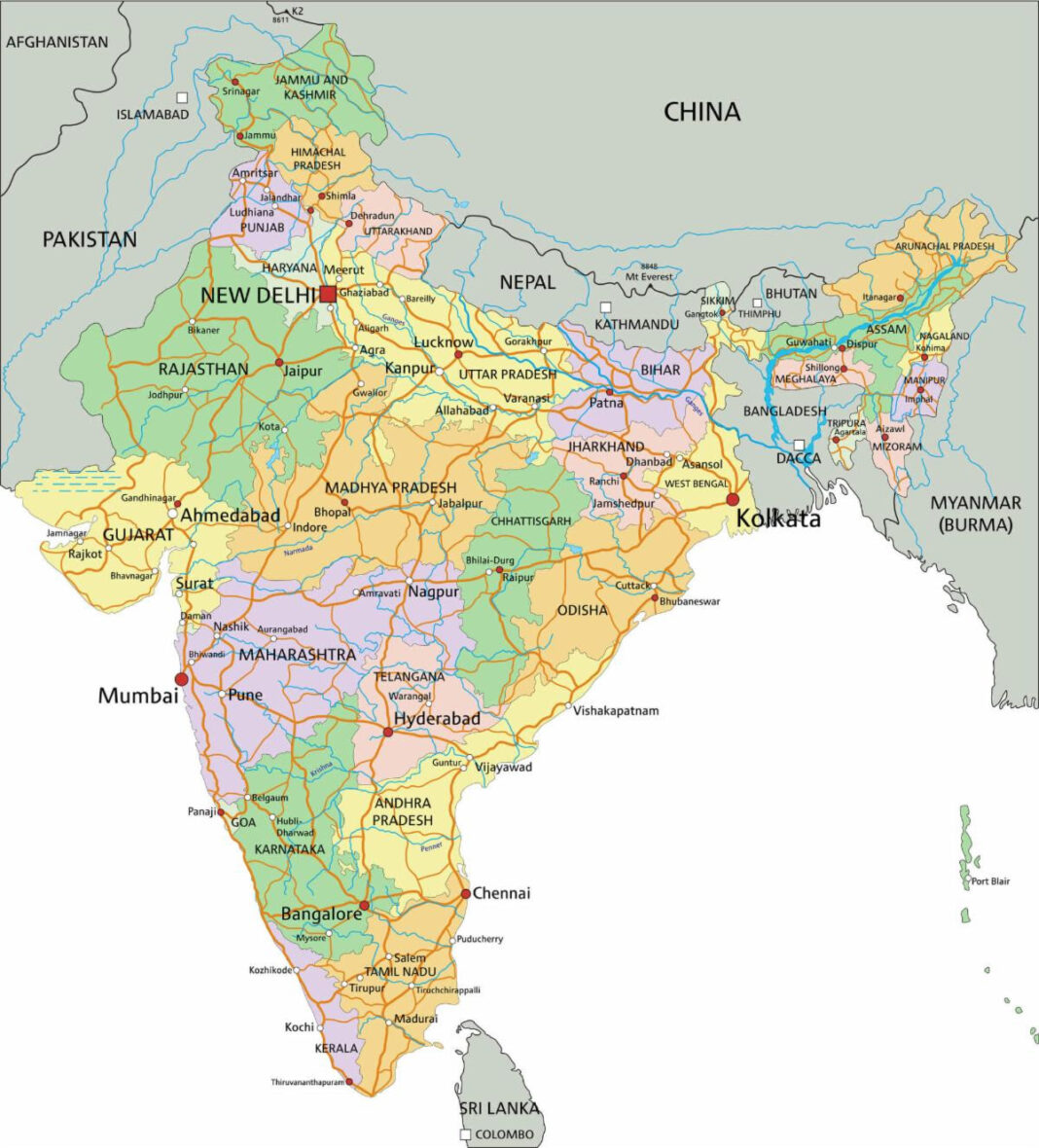Human rights in the context of a Free-Trade Agreement
HRWF (19.09.2023) – 19 September, the DROI committee has held an exchange of views on the human rights dimension of the negotiations on an EU-India Free Trade Agreement. In preparation, the London Story Foundation has compiled an overview of evidence on human rights concerns associated with the India Free Trade Agreement, with accompanying recommendations.
The dossier compiles recommendations based on a comprehensive review of evidence from the Indian government itself, international lawyers, academic literature, and human rights reports. It incorporates inputs from various stakeholders, including human rights organisations and civil society, and draws from consultations and their outcomes like the EU-India People’s Roadmap. These recommendations aim to address human rights and human security concerns in the EU-India relationship, and more specifically, to issue recommendations within the context of the Free Trade Agreement (FTA).
The world is facing a multifaceted human rights crisis with concerns spanning from restrictions of freedom of expression, infringements of labour rights, restrictions of religious freedoms, to violations of indigenous rights. These all violate the International Covenant on Civil and Political Rights (ICCPR) and other core human rights treaties. These concerns are prevalent in India, too, as reports by leading human rights organisations, international organisations, and UN Special Procedure experts highlight deteriorating freedoms.
Pre-existing human rights violations may be further exacerbated by the conclusion of a free trade and investment agreement between the EU and India. Labour rights as enshrined in International Labour Organisation Conventions are also under threat, with evidence of child and forced labour and suspension of core labour protection during the COVID-19 pandemic. Ongoing armed conflicts in resource-rich regions result in serious human rights violations, which may be further exacerbated by increased resource extraction. For example, in Chhattisgarh state, aerial bomb attacks on Adivasi communities have raised alarm about the right to life in violation not only of the ICCPR, but also the Common Article 3 of the Geneva Conventions.
Human rights defenders and civil society actors face persecution, exacerbating the challenges of upholding fundamental rights and seriously restricting the ability for human rights to be addressed during the negotiations for an FTA. Additionally, press freedom is deteriorating, as journalists face travel bans and harassment and India leads in blanket internet shutdowns, in violation of the ICCPR. The targeting of civil society actors who utilise the Right to Information Act (RTI) has resulted in numerous casualties, including killings, injuries, and harassment of RTI activists over the years. The country has also seen widespread targeted violence disproportionately affecting religious minorities, particularly Muslims, and with a significant increase in violence against Christians in recent years.
In light of these ongoing multifaceted crises to human rights, the EU and India should incorporate the following recommendations into their negotiations for free trade and investment agreement:
- The EU and India should ensure that any trade liberalisation agreement thoroughly addresses concerns related to human rights, social, and environmental issues, rather than rushing into agreements for expediency.
- The EU and India should postpone the 2024 deadline for negotiations to allow for a meaningful discussion of adverse impacts.
- The EU and India should conduct Human Rights Impact Assessments, ensuring full civil society participation, and make the assessments publicly available within a defined time period.
- The EU and India must fulfil their human rights commitments, as outlined in international agreements and the EU-India Strategic Partnership Roadmap, and convene the 2023 bilateral Human Rights Dialogue urgently.



